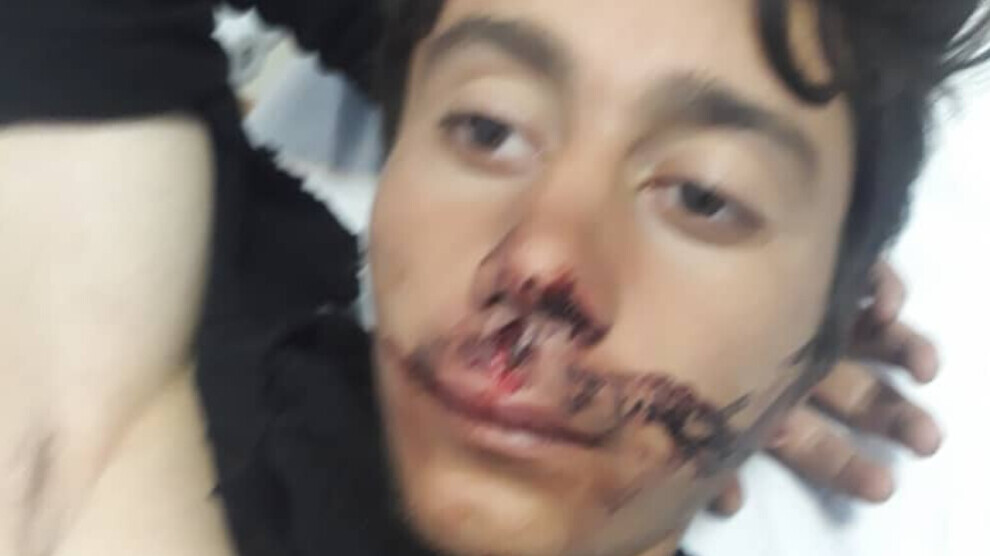Kolbar tortured to death by Turkish soldiers at Iranian border
Turkish soldiers tortured two kolbars they captured in the border area. One of the kolbars, father of three, lost his life as a result.
Turkish soldiers tortured two kolbars they captured in the border area. One of the kolbars, father of three, lost his life as a result.

Attacks against kolbars, load carriers for daily wage at the border between East and South Kurdistan, continue.
Turkish soldiers captured two kolbars in the countryside of the Beydoğan (Şexsicih) village in Çaldıran district of Van province, bordering Iran, yesterday morning. According to reports, kolbars Hesen Keçelano (35) and Behnam Semedi, both from Rojhilat (East Kurdistan, Iran) were heavily tortured by Turkish soldiers.
While Behnam Semedi suffered deep wounds in several parts of his body as a result of torture, with his face covered in blood, Hesen Keçelano lost his life. Semedi was then left at the border with the dead body of Keçelano.
Relatives of the two kolbars have also confirmed the reports. One of them said,
“After Semedi came to the village, we went there together with Iranian border guards who then said that Keçelano’s body had been tortured. Iranian border guards then called Turkish soldiers to the border and told them ‘We can’t get this corpse due to the torture it was subjected to. Bring it through the border crossing legally’. The Turkish soldiers then took the body back.”
A resident of the Beydoğan village in Van also said he was a witness to Turkish soldiers stationed at Sedat Nezih Özok outpost taking two kolbars to the border.”
The tragedy of the kolbars
East Kurdistan has descended deeper into poverty through the years due to deliberate policies by the Iranian regime and stands out as one of the poorest regions in Iran. Compared to other regions, the area has seen significantly less investment and development has been deliberately curbed. Agriculture and industry weren’t allowed to develop, and as a result unemployment rose to highest in Iran.
Faced with policies of discrimination, oppression and impoverishment, carrying smuggled goods is not a choice but a must for survival.
Kolbar comes from the Kurdish words, “kol” (back) and “bar” (load). Kolbars make their living carrying loads along the perilous border line. Their loads include cigarettes, mobile phones, cloths, housewares, tea and seldomly alcohol. They walk through dangerous terrain to continue this trade between Southern and Eastern Kurdistan. The goods they bring are sold at high prices in Tehran, but the kolbars who risk their lives for them are paid very modestly.
The intermediaries who take the deliveries and find buyers in cities are called kasibkars.
Kolbars and kasibkars range from 13 to 70 years old. Some only finished elementary school, while others are university graduates. They carry loads, because they can’t find any other employment. In the last 5 years, some 300 kolbars and kasibkars were killed in cold blood. There are no absolute statistics available for the deaths.